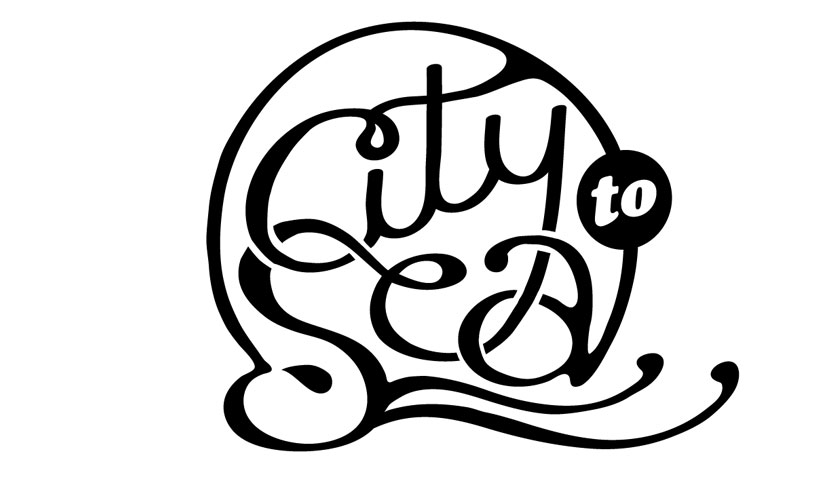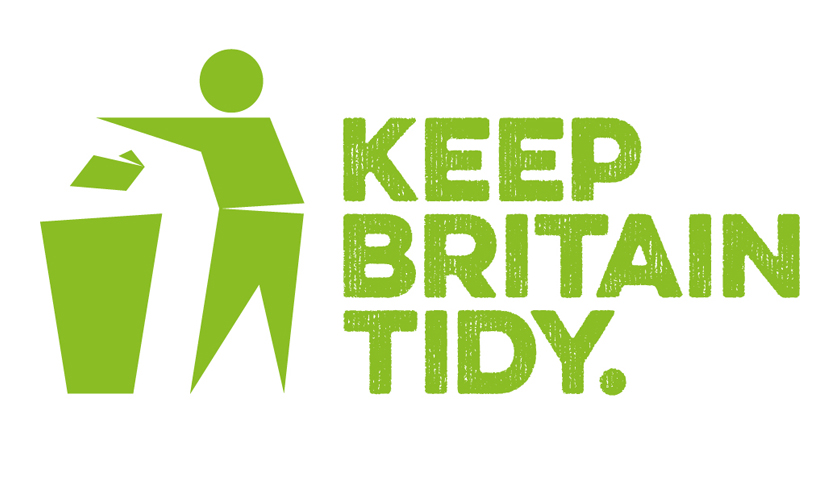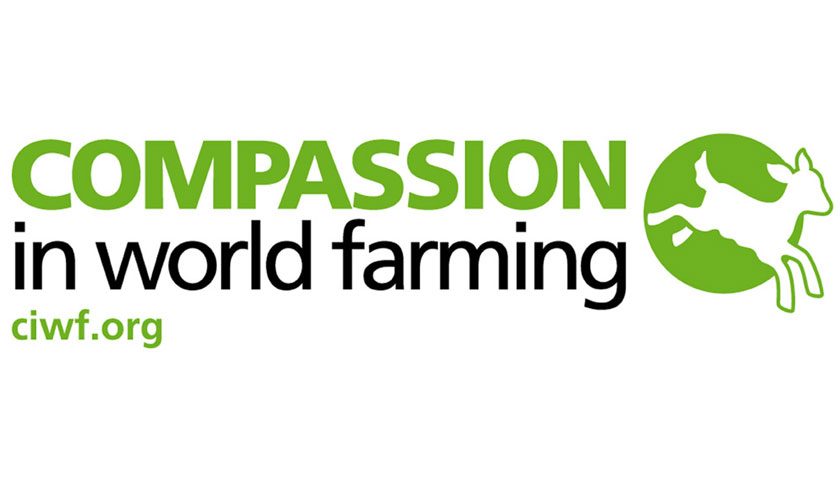Friends of the Earth, Keep Britain Tidy and City to Sea have joined forces to urge the Government to set legally binding targets to reduce plastic pollution. The call comes in an open letter to Environment Secretary George Eustice MP published today that describes the piecemeal banning of plastic straws and cutlery as the just “first steps” towards tackling plastic pollution.
The letter comes as the Defra consultation for banning some of the most polluting single-use plastic items, such as cutlery, plates and polystyrene containers, closes. In the letter, the environmentalists argue that the Government needs to go beyond just banning the odd item and instead set ambitious targets in the Environment Act. These, they argue must include:
- An at least 50% reduction in non-essential single-use plastics by 2025.
- An overarching plastics reduction target, including but not limited to single-use plastics. This would ensure progressive reduction in the overall use of all non-essential plastics, building towards preventing plastic pollution of the environment as far as possible by 2042. This must address those harder to tackle plastics from vehicles tyres and brakes and from clothes among others, and the specific problem of microplastics.
- Reuse targets of at least 25% of packaging being reusable by 2025, rising to 50% by 2030. This would guarantee that a large proportion of the reduction in plastic pollution is met by an increase in the market share of reusables, and make sure substitutions of single-use plastics for other damaging single-use materials are avoided.
Allison Ogden-Newton OBE, Chief Executive at Keep Britain Tidy commented,
“We know that littering goes in endless waves. If we tackle one problematic single-use plastic item, soon we see other items littering our streets and waterways.
“That’s why we need to be thinking bigger and pushing for an urgent reduction of all single-use plastics of 50% by 2025. Whether we are talking about disposable coffee cups, food wraps or cigarette butts, the plastic pollution still ends up in our natural environment causing huge environmental harm. It’s time to stop cherry-picking the problems we want to tackle and start acting strategically.”
Camilla Zerr, Plastics Campaigns Lead at Friends of the Earth, commented:
“Plastic pollution isn’t just about the water bottles or coffee cups we use every day, but it’s also the plastics all around us in the air we breathe, the food we eat and in our oceans too.
“Single-use plastics are clearly part of the wider pollution picture, but any serious plan to end plastic waste has to include the tiny microplastics that shed from things like clothes and car tyres into nature.
“The government’s plodding approach so far has seen slow progress in the form of item-by-item bans. But this isn’t fast enough to make even a small dent in this gargantuan problem. That’s why an overarching plastics reduction target needs to be enshrined in law as part of the Environment Act, so that no plastics, whether large or microscopic, threaten the planet, nature and our health.”
Steve Hynd, Policy Manager at City to Sea, who runs the award-winning Refill campaign, commented:
“We can’t talk about plastic pollution and a reduction in single-use plastics without talking about increasing the market share of reuse and refillable packaging. For consumers, this could be normalising refilling water bottles from public fountains, drinking coffee from reusable cups or topping up cereals from supermarket dispensers.
“These are the packaging solutions of the future that we need to legislate for now. We know there is consumer demand. We know there is movement in the markets towards these solutions. Coca-Cola this week announced a commitment to 25% of packaging to be reusable by 2030. We now need government to commit to legally binding targets to give smaller and medium-sized businesses the confidence and reassurances they need to invest in these systems. This answers not only a consumer demand but a planetary ecological necessity.”
According to the polling by City to Sea and Friends of the Earth to mark World Refill Day, three out of four people (74%) would like to see more refill options, for things like dried foods, laundry detergents and take-away coffees, available to them so they can limit the amount of single-use plastic in their lives. While more than half of all people (55%) think supermarkets and big-name brands are not doing enough to address plastic pollution. Crucially, 81% of Brits want the UK government to make refillable products easier to buy and more widely available, as a main priority for reducing plastic pollution.


